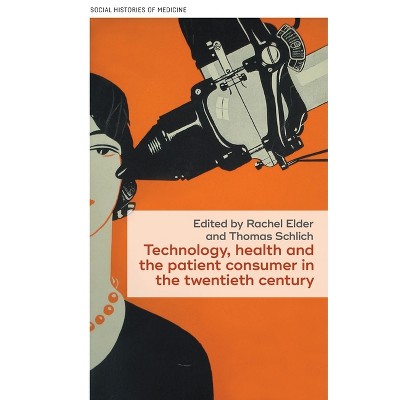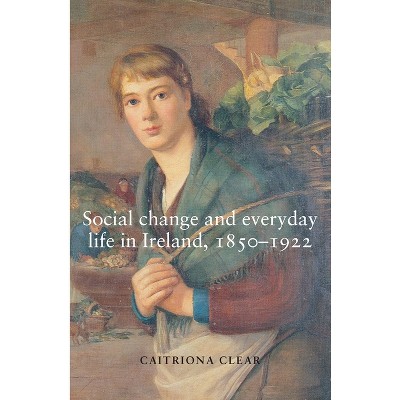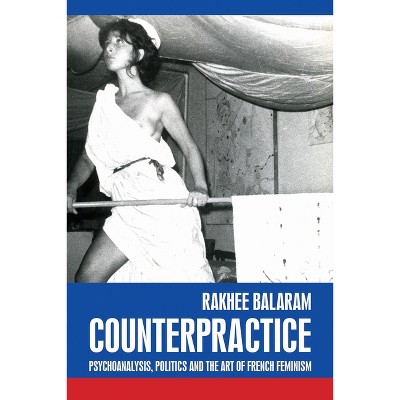Sponsored

Healthcare in Northern Ireland, 1921-73 - (Social Histories of Medicine) by Donnacha Seán Lucey (Hardcover)
Pre-order
Sponsored
About this item
Highlights
- This book focuses on the policies, politics and management of health care in Northern Ireland from 1921 to 1973.
- About the Author: Donnacha Seán Lucey is a Research Manger at the College of Business and Law, University College Cork.
- 304 Pages
- Medical, History
- Series Name: Social Histories of Medicine
Description
About the Book
This book provides insights into the politics, policies and management of healthcare in Northern Ireland from Irish partition in 1921 to the reorganisation of the services in 1973. It covers the interwar era, reforms of the 1940s, and creation and operation of the National Health Service, especially the Northern Ireland Hospitals Authority.Book Synopsis
This book focuses on the policies, politics and management of health care in Northern Ireland from 1921 to 1973. It explores the development of Northern Irish health care from its highly localist and fragmented origins to the most centrally managed system within the National Health Service. At the core of this analysis is an exploration of the interest groups that were progenitors of change or, conversely, strongly resisted reform. The work looks at poor law, municipal and voluntary provision in the interwar years. The 1940s is focused on, including the experience of war and Northern Ireland's involuntary adoption of the welfare state. The discussion on the post-war decades assesses the relationship between health and politics. It also identifies how modernising technocratic and managerialist policies of the Terence O'Neill administration fragmented unionist health policy in the lead-up to the Troubles. Overall, this book offers original insights into Northern Irish health care, politics and history.From the Back Cover
Northern Ireland's modern health services have long been characterised by an unusually high degree of managerialism and centralised government authority. While Northern Ireland's overly centralised health system is a modern-day policy concern, there is little understanding of its long-term, historical development. This book focuses on the policies, politics and management of healthcare in Northern Ireland from 1921 to 1973. This period witnessed a complete transformation of Northern Ireland's health services, evolving from a highly fragmented system - characterised by differentiated providers and weak centralisation - to the most integrated and centrally managed of the United Kingdom's three NHS systems.
The volume examines the long-term trajectory of this change. At the core of this analysis is an exploration of the interest groups that were progenitors of change, or, conversely, strongly resisted reform. These included medical professionals, hospitals, medical voluntarism, local interests, central government and political and religious groupings. Overall, a picture of involuntary change is depicted, in which conflict and tensions between the ruling Ulster Unionist Party and multiple stakeholders are posited as central to shaping Northern Ireland's healthcare. The book sheds new light on interwar Northern Irish healthcare, the coming of the welfare state and the relationship between health and politics. This includes nationalist disenchantment and the fragmentation of unionist health policy in the lead up to the Troubles. It identifies health policy as a divisive plank of the modernising, technocratic and managerialist policies of the Terence O'Neill administration in the 1960s. The book offers original insights into this key juncture in Northern Irish politics and history.About the Author
Donnacha Seán Lucey is a Research Manger at the College of Business and Law, University College Cork.Shipping details
Return details
Trending Non-Fiction











